The recently released YA Fantasy The Gilded Ones by Namina Forna is 2021’s must read!
16-year-old Deka (main character) is the ultimate badass living in all African girls. In this West African-inspired world, Deka learns to shed off the abusive and misogynic thoughts and behavior of her society to become a fearless girl on a mission! Riveting, that is all we will say. Order it here.
From the beautiful country of Sierra Leone, Namina Forna is a rising star, making us all extremely proud. As she works on the script for the movie adaption of her book, she took a small break to share her journey with us.
Tell us your story. Who is Namina Forna?
Oooh, do I get to speak in third person?
Hi, I’m Namina, a children’s fantasy writer and a proud member of the third culture. I grew up in Sierra Leone, West Africa, but moved to America when I was nine. I’ve always been interested in the children’s space when it comes to writing, so I write both young adult and middle grade. All I’ve ever wanted to do is build massive fantasy worlds, and The Gilded Ones is just the start of that.
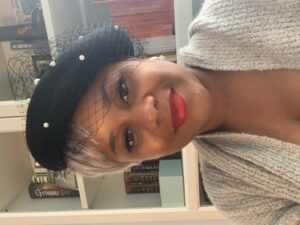
The pool of African authors specifically, women in the children and Young Adult’s Genre is extremely small, almost non-existent. What do you think the barriers to entry are? And how can other aspiring writers overcome these hurdles?
Our parents, first of all. Tell an African parent you don’t want to be a lawyer, doctor, engineer, and watch them self-destruct. They always think that writing is a pipe dream and that you’re going to be poor, which, honestly, is more often true than not. African parents, particularly, immigrants who sacrificed to come to America, want stability for their children. And also, prestige.
When you decide to go against that, it’s an uphill battle.
Also, even if your parents and family aren’t barriers to entry, there’s the publishing industry itself. Only recently did industry insiders stop saying that Black people don’t sell books. And honestly, this whole Black Renaissance that we’re experiencing, while amazing, may be temporary. I sincerely hope it’s not, but look at what happened in the 90’s. There was this period where Black art was everything, but then, it just vanished. I can’t help but be afraid that’s what may happen in a couple of years.
You speak of your writing journey as one that was challenging with people not seeing or understanding your vision, did you ever consider self-publishing? Why or why not?
I never really considered self-publishing because I knew I needed the engine of traditional publishing to sell my books. I’m writing YA and MG fantasy. Those are fairly difficult to market on your own, mainly because you need the publishers to reach the audience where they’re at. I sucked at social media when I was starting out, and didn’t believe I had the chops it took to promote myself in that way, so it was a no go for me.
Also, I wanted the stability of an advance.
How have your Sierra Leonean communities both within the U.S. and back home responded to your success?
They’ve been very supportive, and for that, I’m extremely grateful.
Leisure reading is not often encouraged in some parts of our societies for many reasons. How can African authors such as yourself help influence a reading culture?
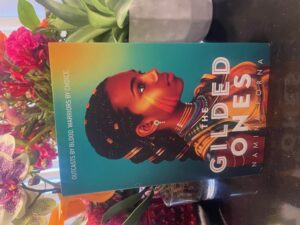
First, I think we need to address the fact that the reading instruction many people receive—and I’m thinking particularly of Sierra Leone here—is not up to par. One of the things I’ve seen when I go back home is that there is a lot of functional illiteracy due to subpar instruction. That being said, I feel like books like mine help because they’re a guilty pleasure, I.e., people like to read them.
When I first started out, people told me to write important books. You know, the ones set in amorphous African places that are gorgeously-written and the whole story is a parable. I said no, because 1. That’s not what I write and 2. Those books don’t appeal to children/young people.
I think one of the reasons Africans are lacking a reading culture is because the books we have access to are 1. either too scholarly, old, or boring, or 2. filled with people who don’t look like us and things we have no real experience with (crumpets and snow, for instance). Basically, we don’t have our own children and young adult market and because of that, kids don’t grow up enjoying reading. That’s where writers like me come in. I write books young people will hopefully read over and over again, because that’s how you build a reading culture.
Do you see your book Gilded becoming a movie or TV series? If so, who would you pick to play the leading roles?
I’m currently finishing up the script right now for the movie, and honestly, I couldn’t tell you about the lead actress roles. I just hope she’s someone relatively dark and from the continent.
Describe your writing process in three words?
Imagine. Plan. Write.
What has been your self-care activity during this pandemic?
Therapy, long walks and longer baths. All are essential.
The Our Stories, Our Way Fast Three!
1. What’s your favorite song at the moment?
Yemi Alade – True Love
2. If you had a superpower, what would it be:
The ability to travel to distant worlds and to adapt to each one so I wouldn’t get harmed in the process
3. If you could have lunch with anyone, who would it be and why?
Micaela Coel. I loved I May Destroy You. She’s my hero.
Check her out and Follow! | Instagram | Twitter | Website |
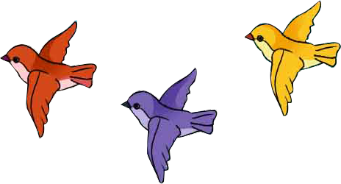

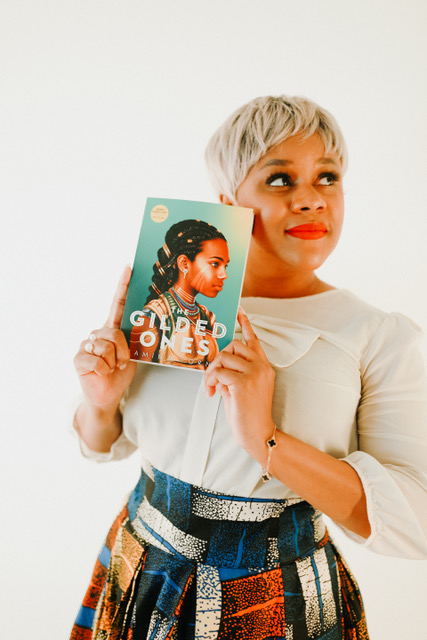

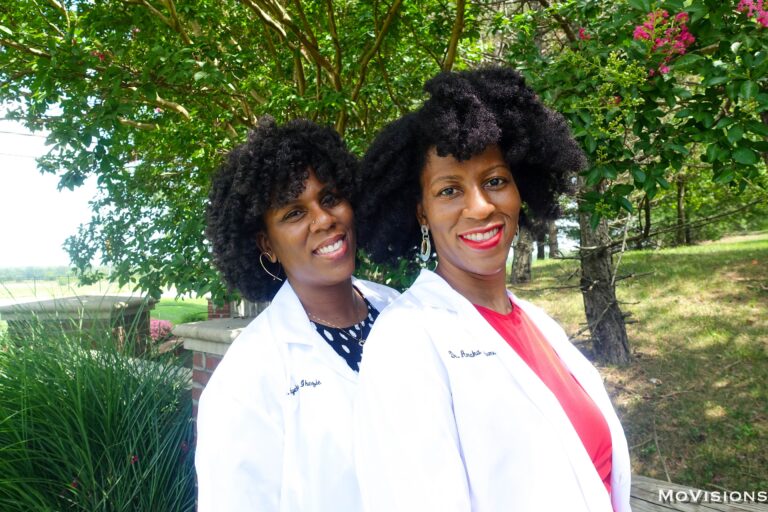
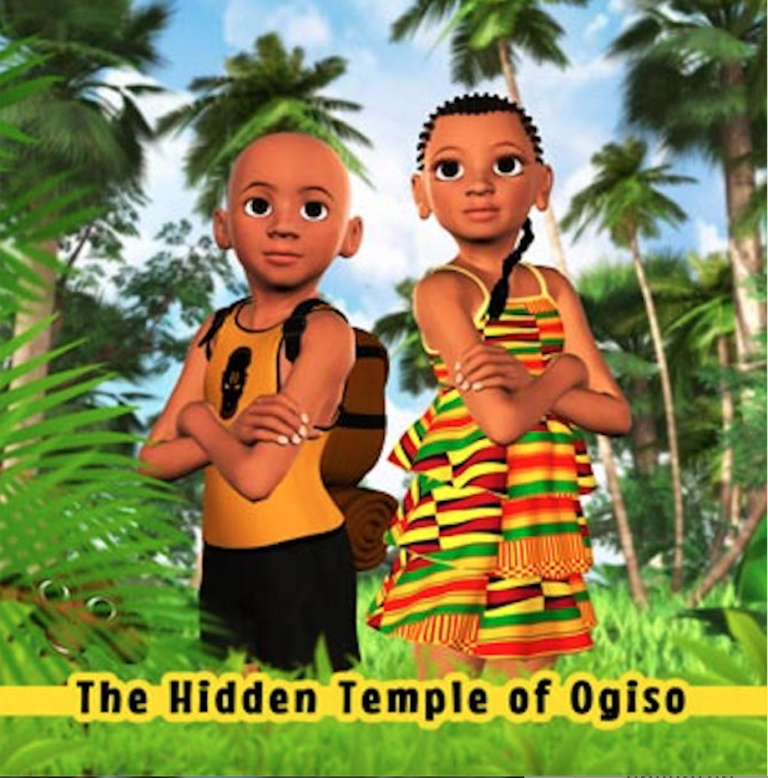
Leave a Reply
You must be logged in to post a comment.